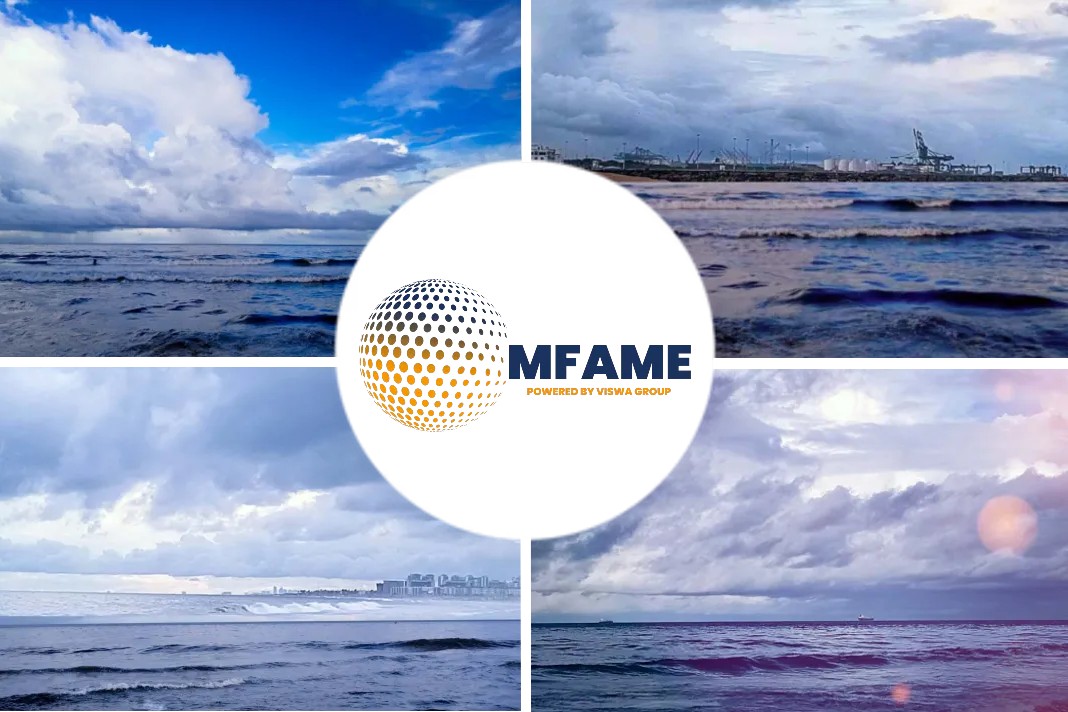- PDVSA has negotiated the sale of 6.8 million barrels of 3% sulfur fuel oil in January, offering large price discounts.
- Inventories of 3% sulfur fuel oil in the Amuay refinery are at 9.8 million barrels that is very close to its maximum capacity.
- PDVSA blames IMO 2020 resolution coming into force for fuel oil sales getting affected.
- Struggle in finding customers for petroleum because of US sanctions.
- Amuay refinery is operating at just 8.5% of capacity and has not run at maximum capacity since August 2012.
- PDVSA this month continued to receive supplies of refined products in exchange for crude from Russia’s Rosneft, Spain’s Repsol and India’s Reliance.
According to a recent Platts report, Venezuelan state-owned PDVSA has negotiated the sale of 6.8 million barrels of 3% sulfur fuel oil in January, offering large price discounts in an attempt to reduce the glut of inventories, a company report showed Tuesday.
Inventories of 3% sulfur fuel oil
The report states inventories of 3% sulfur fuel oil in the Amuay refinery are at 9.8 million barrels, “very close to its maximum capacity of 10 million barrels,” and notes other refineries “have their full storage tanks with residuals.”
PDVSA sales
- PDVSA sold 6.8 million barrels of 3.5% sulfur fuel oil in January, all for delivery in Asia.
- Five cargoes were sold at Platts Singapore 3.5% fuel oil cargoes minus $140/mt, while four shipments were sold at minus $146/mt.
- PDVSA sold another four shipments of Platts 3.5% fuel oil CIF Mediterranean at minus $114.50/mt for delivery in Europe.
- PDVSA sold the fuel oil to
- Procerium Energy, a company registered in Singapore;
- Lexington Business Group, which is registered in Panama; and
- a company called Pigargos.
PDVSA’s new client
PDVSA says in the report Lexington Business Group is a “new client” willing to lift fuel oil “directly from the port of Amuay.”
PDVSA blamed the surge in high-sulfur fuel oil inventories at Amuay on new low-sulfur bunker fuel regulations that went into effect in January and on canceled orders The International Maritime Organization’s new regulations cut the sulfur limit in bunker fuel to 0.5%.
IMO 2020 affected oil sales
“Fuel oil sales have been affected by the coming into force of the IMO 2020 resolution,” PDVSA says in the report. “Customers awarded in previous sales did not comply with loading windows. Those sales were canceled causing an increase in inventories that is affecting the operation of the refineries.”
Struggle finding customers?
PDVSA has struggled to find customers for its petroleum because of US sanctions, which have raised risks for buyers and shipping companies.
Refiners well below capacity
Venezuela’s refiners operating below capacity
- Venezuela’s refiners are operating well below capacity and yielding roughly 50% of fuel oil due to the stoppage of conversion units at the Amuay and Cardon plants.
- Venezuela’s 955,000 b/d Paraguana Refining Center (CRP) is operating at just 11% of capacity.
- Located in northwestern Venezuela, CRP includes the 645,000 b/d Amuay refinery and 310,000 b/d Cardon refinery, and is the largest refining complex in Venezuela.
- It also includes the 16,000 b/d Bajo Grande asphalt plant.
Amuay refinery
According to the technical report, the Amuay refinery is operating at just 8.5% of capacity.
Amuay has not run at maximum capacity since August 2012, when an explosion killed 42 people and injured 80.
Cardon refinery
The Cardon refinery is operating at 11.1% of capacity, according to the report.
Bajo Grande asphalt plant
The Bajo Grande asphalt plant, located in Zulia state, remains shut.
Other two refineries
PDVSA operates two other refineries: Puerto La Cruz with 187,000 b/d capacity and El Palito with 140,000 b/d capacity. Both refineries are shut down due to deterioration of its units, lack of light crude to process and failures in the supply of electricity.
PDVSA buys refined products
PDVSA this month continued to receive supplies of refined products in exchange for crude from Russia’s Rosneft, Spain’s Repsol and India’s Reliance, according to PDVSA reports.
Shipments
- During January 11-13, PDVSA was scheduled to receive in Amuay a 330,000-barrel shipment of 95 RON gasoline blendstock from Rosneft in the tanker Serengeti.
- Rosneft is also shipping 540,000 barrels of vacuum gasoil in the tanker Kudos.
- The Kudos, a crude vessel, was sitting off the Venezuelan coast Tuesday near Amuay, and the Serengeti was on its way to Panama.
- Repsol Trading negotiated with PDVSA a 260,000-barrel shipment of ultra low sulfur diesel (ULSD) for delivery between January 4-14 at NYMEX ULSD futures plus 23.73 cents/gal, the PDVSA report showed.
- Repsol also sold 300,000 barrels of ULSD at a 23.75 cents/gal premium to NYMEX ULSD for December 24-January 4 delivery.
- Reliance Industries sold a 260,000-barrel ULSD shipment for January 9-25 delivery and two 260,000-barrel shipments of 0.1% sulfur diesel for January 17-31 and January 22-February 6 delivery at discounts of $106/mt to $123.50/mt to ICE low-sulfur gasoil futures.
- PDVSA also purchased 500,000 barrels of 92 RON gasoline for January-February delivery at a $195/mt premium to Platts Mediterranean premium unleaded, a PDVSA document showed.
- The gasoline was shipped from the country of Georgia, and was sold by Miami-based J&D Oilfield International, a global aviation service company, with operations in Venezuela.
- According to another PDVSA document, J&D Oilfield bought three 330,000-barrel shipments of Lagotreco crude from PDVSA for January delivery.
Did you subscribe to our daily newsletter?
It’s Free! Click here to Subscribe!
Source: Platts

















